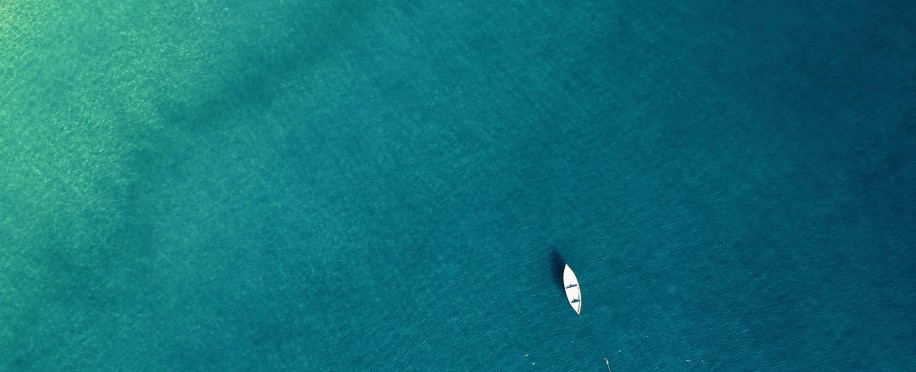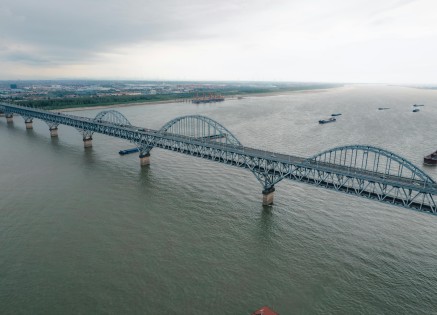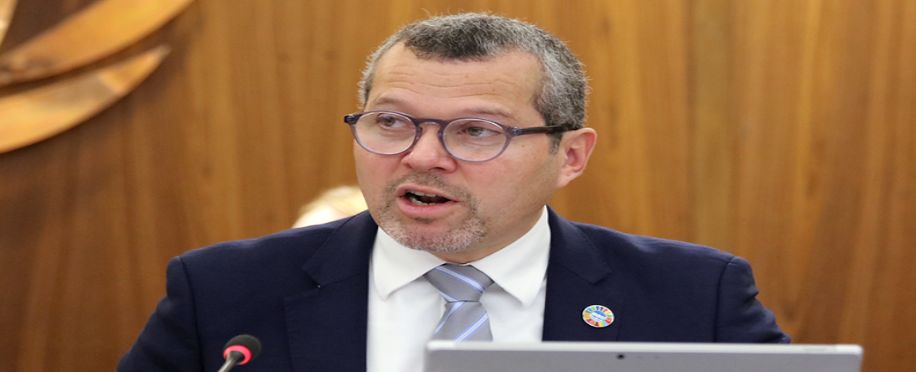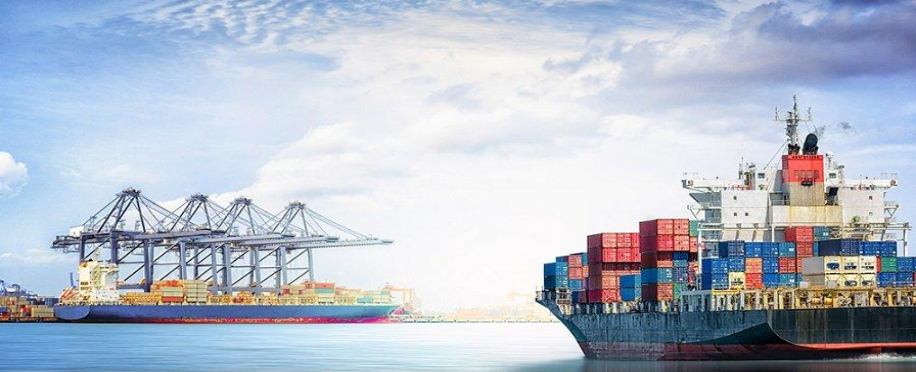Argentina's Vast Waterawy Privatisation Plan Sparks Controversy

Posted on Jan 24, 2025 at 10:01 PM
The Paraguay and Paraná rivers form a biodiverse corridor extending 3,400 kilometres from Brazil to Argentina, reaching the Río de la Plata estuary.
Moreover, Argentina's natural channel, Hidrovía, facilitates 80% of its agro-industrial exports to the global market, named after a dredging and signalling concession company from the mid-1990s to 2021.
Hidrovía's waterway is privatising, offering a 30-year contract for modernisation, expansion, operation, and maintenance to a concessionaire. European and Chinese companies are interested.
However, business entities oppose tenders, claiming the government favours Belgian dredging firm Jan De Nul, which held the concession in Hidrovía until 2021, before returning management to state administration.
Additional Efforts, Greater Depth
The government is seeking a concessionaire to modernise the Paraná waterway, which has been without a concessionaire since 2021.
Notably, the tender requires the winning company to increase depth, provide radars, satellite systems, new signalling equipment, and stronger control measures against drug trafficking.
In addition, the agricultural export sector, including ports and grain exporters, has been advocating for dredging to deepen the waterway for larger ships, improved logistics, and increased raw material exports.
Gustavo Idígoras, president of the Argentine Edible Oil Association and Grain Export Centre, stated that the route is the only highway connecting the world for exports and imports.
Further, Argentina's waterway is causing inefficiencies due to its shallow depth. Cargo ships have grown larger, but the navigation channel's depth is only 34–36 feet at its deepest points.
A 2020 feasibility study proposed maintaining the current 27-foot depth in the north and increasing depths to 42 feet in the lower reaches of the Paraná, closer to larger ports and greater capacity needs.

A Contentious Procedure
The Rosario Stock Exchange (BCR) has announced a tender for a major infrastructure project, the largest on the planet, with an estimated turnover of $10-12 billion over 30 years.
Additionally, the tender's conditions have sparked criticism from large operators, including Belgium's Dredging International (DEME) and Denmark's Rohde Nielsen, who argue it is an “illegitimately steered” call.
The government has made limited public comment on the tender, but the National Agency for Ports and Navigation has described the concession's specifications as demanding.
Maritime Law Courses in the UK, known as admiralty law, help professionals comprehend the set of rules that regulate private maritime concerns, disputes, or offences, as well as other nautical matters and activities that occur in navigable waters.
Socio-Environmental Consequences
Environmental organisations are warning about the potential effects of dredging and increased river traffic on the Argentine River, amidst political tensions.
Fundación Humedales (Wetlands Foundation) has called for environmental impact studies and cost evaluations for a megaproject that will increase dredging depth.
Besides, the river system is experiencing an unprecedented water crisis due to productive uses and drought, and land use change worsens the situation.
Furthermore, experts warn of an “unprecedented crisis” in the Paraná River due to ongoing dredging, which could impact the surrounding wetland ecosystem. Plus, the lack of information on the waterway's impacts makes it difficult to discern its effects on the ecosystem.
Eventually, the Argentine government is set to announce the offers for a waterway concession on 12 February, despite accusations of favouritism and legal actions.
The new concession holder seems to be confirmed by April, despite the river's dynamic nature and potential erosion during extreme weather events.
Read more news:


